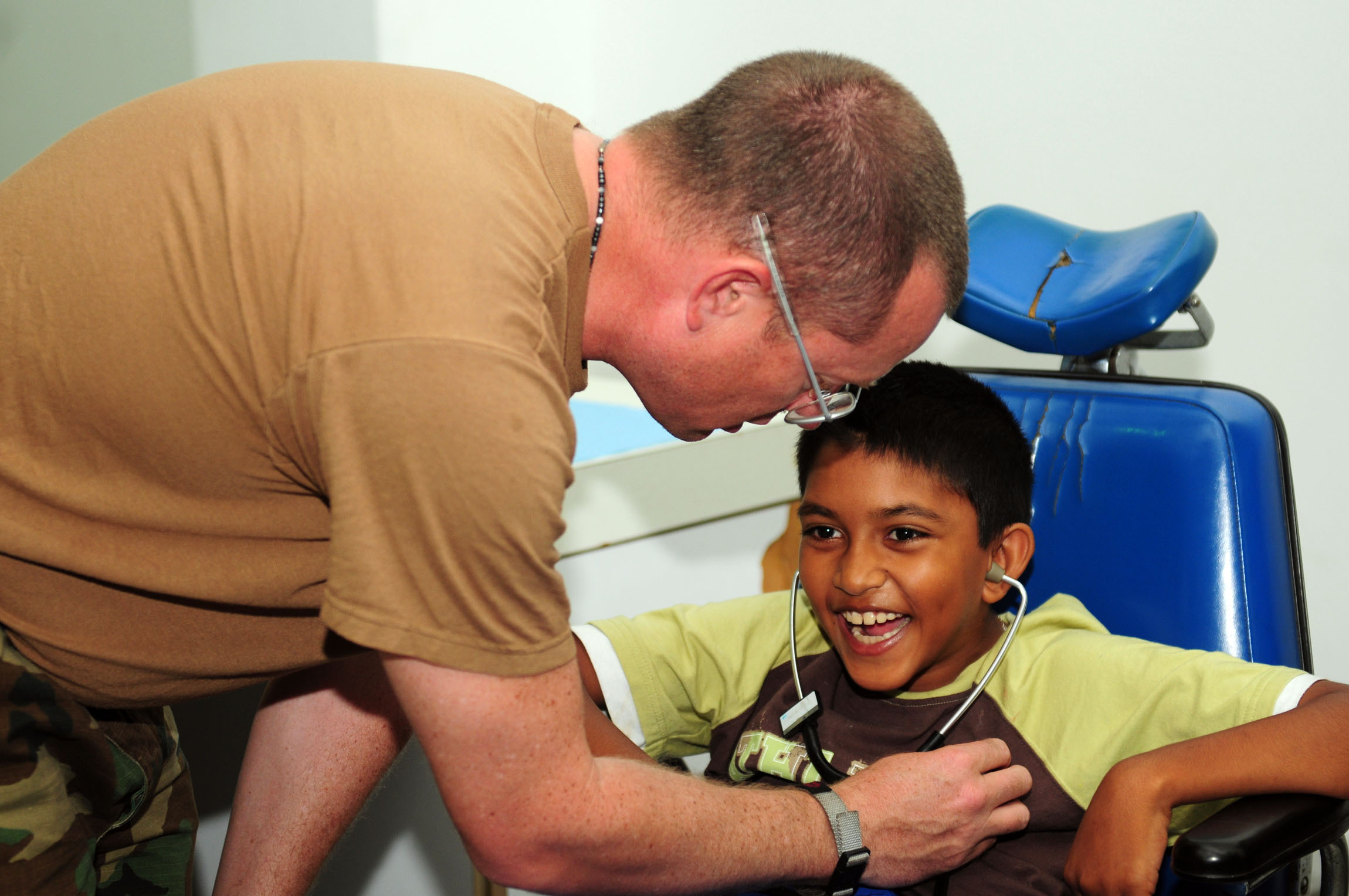Cerebral Palsy is a group of conditions that affect a multitude of things. Anyone who suffers from this condition may have movement and muscular problems, lose speech abilities, feel general pain, and other complications too. Because it affects so many things, it is important to have the right information at hand after a diagnosis to properly decide which level of care and treatment is most appropriate. Below are six complications of cerebral palsy.
Dysphagia
Cerebral Palsy affects muscular functions. One branch of this is often the esophagus function. When these disorders begin to affect this area, they tend to cause problems with swallowing, known as dysphagia. Characterized by heartburn, painful swallowing, an inability to eat larger bits of food, an inability to swallow liquids, and a sensation of food becoming stuck, dysphagia is a serious condition that is hard to live with. There are ways to alleviate symptoms like specialist substances such as this simplythick instant food thickener that combats some problematic areas. There is not a cure for dysphagia, especially in the context of cerebral palsy.
Verbal Difficulties
Alongside problems with swallowing, other things like speech may be affected by problems with the muscles in the mouth, tongue, face, and neck. This group of disorders can cause verbal delay, breathy speech, and difficulties completing sentences or phrases. Sufferers may feel out of breath and frustrated and find conversations extremely tiring.
Mobility Problems
The main complication is the scope of mobility issues that arise from these conditions. The spine may be affected, the ability to walk, and there are normally issues with general posture. Most people can walk in some form or another, while others become entirely dependent on mobility aids like wheelchairs. Typical mobility issues are:
- Osteoporosis
- Seizures and muscle stiffness
- Dysfunctional reflexes
- Uncontrollable and random movement
- Problems balancing
- Too much flexibility
General Pain
Pain thresholds vary from person to person, and because these disorders are most commonly observed in young people, there is not always a reliable answer as to how much pain is felt. There is a general pain that comes with muscular problems that is important to note, and completing mainstream activities such as moving around or basic hygiene is often exhausting and leads to a physical shut down too.
Sleep Disruptions
Sleep is hard to achieve with cerebral palsy. The act of falling asleep is often unattainable and takes a long time while staying asleep is also difficult. Common issues occur such as restless nights, breathing difficulties, and night terrors.
Gastrointestinal Issues
This type of issue is sporadic and does not happen in every person with a diagnosis. However, when they are present they have the potential to be quite severe. Symptoms include vomiting, long patches of constipation, stomach upset, heartburn, choking, trouble maintaining a healthy weight, and sometimes incontinence. These problems occur because of food aversion owing to dysphagia, poor muscle structures, and breathing issues.
Conclusion
There are many complications of cerebral palsy. A whole scope of symptoms exist under this group of disorders and while some are manageable with medication and physical therapy, others are debilitating at the best of times.

